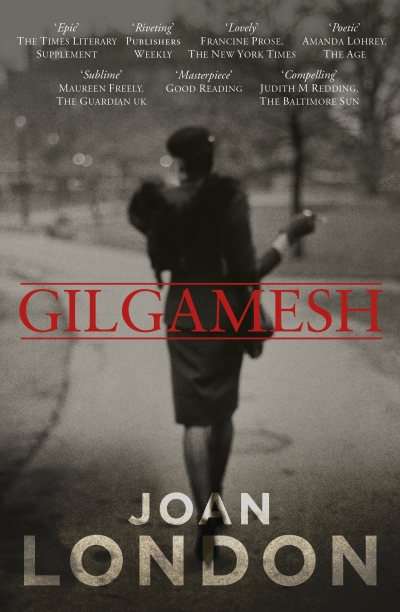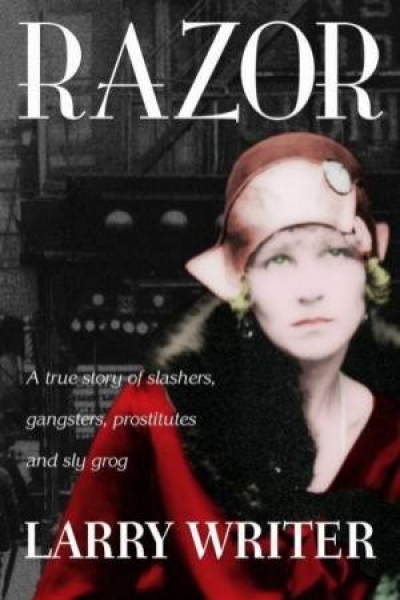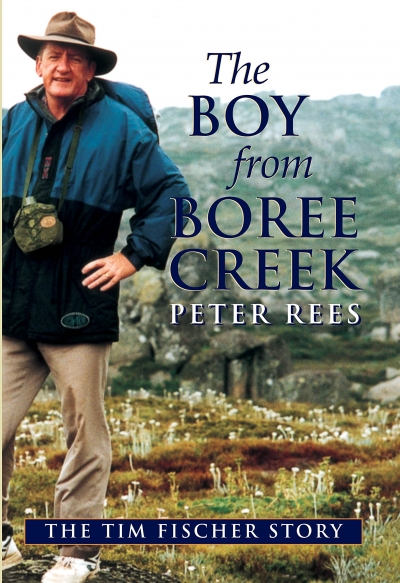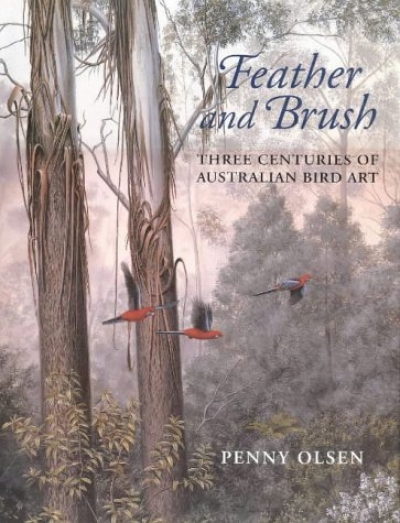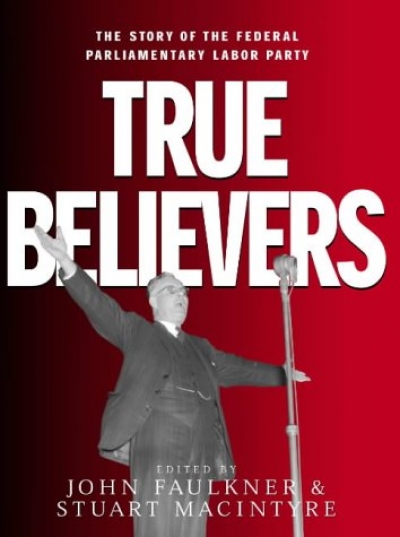Accessibility Tools
- Content scaling 100%
- Font size 100%
- Line height 100%
- Letter spacing 100%
Archive
Living with the Aftermath: Trauma, nostalgia and grief in post-war Australia by Joy Damousi
by Stephen Garton •
Götterdämmerung Café by Andrew Taylor & Russian Ink by Andrew Sant
by Paul Kane •
Razor: A true story of slashers, gangsters, prostitutes and sly grog by Larry Writer
by Craig Sherborne •
Feather and Brush: Three centuries of Australian bird art by Penny Olsen
by Libby Robin •
True Believers: The story of the Federal Parliamentary Labor Party edited by John Faulkner and Stuart Macintyre
by Ross Fitzgerald •

